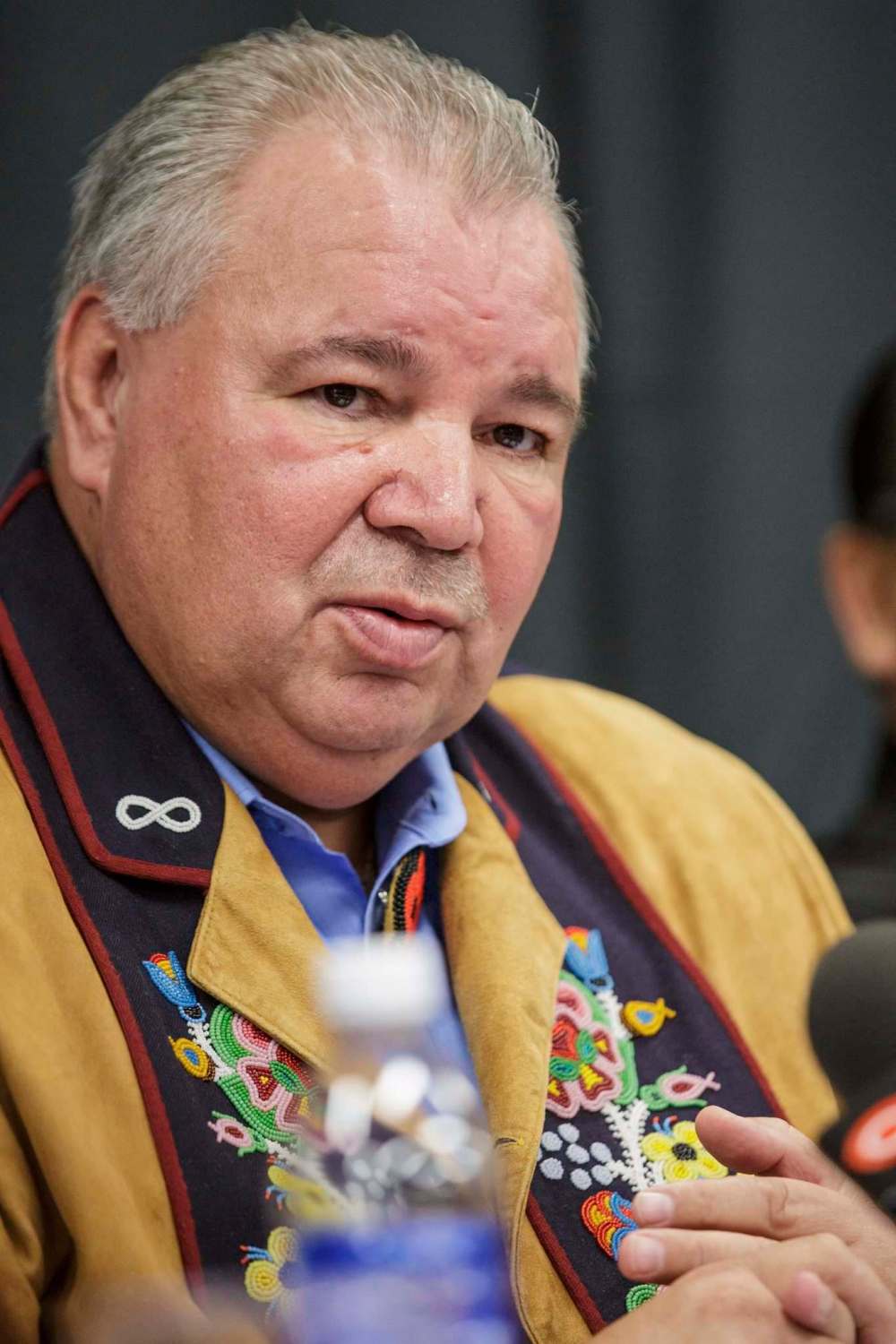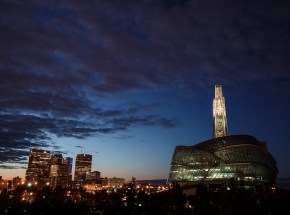Province falls short on homeless supports
Read this article for free:
or
Already have an account? Log in here »
To continue reading, please subscribe:
Monthly Digital Subscription
$0 for the first 4 weeks*
- Enjoy unlimited reading on winnipegfreepress.com
- Read the E-Edition, our digital replica newspaper
- Access News Break, our award-winning app
- Play interactive puzzles
*No charge for 4 weeks then price increases to the regular rate of $19.00 plus GST every four weeks. Offer available to new and qualified returning subscribers only. Cancel any time.
Monthly Digital Subscription
$4.75/week*
- Enjoy unlimited reading on winnipegfreepress.com
- Read the E-Edition, our digital replica newspaper
- Access News Break, our award-winning app
- Play interactive puzzles
*Billed as $19 plus GST every four weeks. Cancel any time.
To continue reading, please subscribe:
Add Free Press access to your Brandon Sun subscription for only an additional
$1 for the first 4 weeks*
*Your next subscription payment will increase by $1.00 and you will be charged $16.99 plus GST for four weeks. After four weeks, your payment will increase to $23.99 plus GST every four weeks.
Read unlimited articles for free today:
or
Already have an account? Log in here »
Hey there, time traveller!
This article was published 19/06/2020 (2000 days ago), so information in it may no longer be current.
As two homeless encampments were dismantled last week, both the Manitoba Metis Federation (a close neighbour to the tent city) and the city of Winnipeg (which was doing the dismantling) took time to point accusing fingers at the province of Manitoba.
Both the MMF and city have good reason for trying to shift the blame for the decision to clear out these camps.
The MMF, the province’s principal representative for the Métis people, was facing severe criticism for threatening legal action to have the encampments — which were located right near its Point Douglas headquarters — removed, largely because those camps were home to many Indigenous people.
The city, meanwhile, ultimately took responsibility for evicting the residents, a decision that incurred the wrath of Indigenous and homeless activists.
However, when the MMF and the city blame the province for not providing more support to programs homeless people need to avoid a life on the streets, they are not wrong. Homelessness is a problem that requires careful, patient attention to such issues as mental health and substance abuse. It also requires public housing options that are practical and progressive, allowing couples or, in some instances, families to remain together.
The problem may have sprung up right next to the MMF’s turf, in clear violation of a city ordinance. But make no mistake about it, the solutions to the problems that are the root causes of homeless encampments are, fully and completely, the responsibility of the provincial government.
Unfortunately, Premier Brian Pallister’s response to date has been all too predictable.
When confronted with an area of immediate need, Manitoba’s first minister tends to respond with a list of all the things his government has done to address homelessness and its underlying issues. Unfortunately, he seems to miss an important point: those measures are simply not enough.
After the MMF and city called on the province to do more, Families Minister Heather Stefanson issued a rather self-congratulatory written statement referring to the creation of an additional 631 rental housing units since 2016, and 70 additional supportive recovery housing units.

While these are positive steps, the current situation clearly illustrates they are insufficient to meet the magnitude of the problem. And the minister’s statement does not address the fact that even with some additional investments, the province is not doing enough to address mental-health and addiction issues.
It’s also a lamentably conventional approach to a problem that has defied conventional solutions. Urban centres around the world struggle to address homelessness, and if anything has been learned, it’s that affordable housing on its own will not solve or reduce this problem. Progressive cities have created homelessness command centres which marshal mutli-level, multi-disciplinary supports to intervene with homeless populations before camps are established.
At a time when innovation is so desperately needed, the Pallister government is offering people experiencing homelessness line items in a budget. Or, as MMF president David Chartrand put it, there is a huge problem staring the Pallister government in the face and it is “missing at the game.”
New approaches are needed, along with a significant increase in funding to address the issue of homelessness on a more urgent basis. The premier and his government can focus all they want on the meagre measures they have delivered to date, but it doesn’t change the fact that, taken together, they are not enough.






